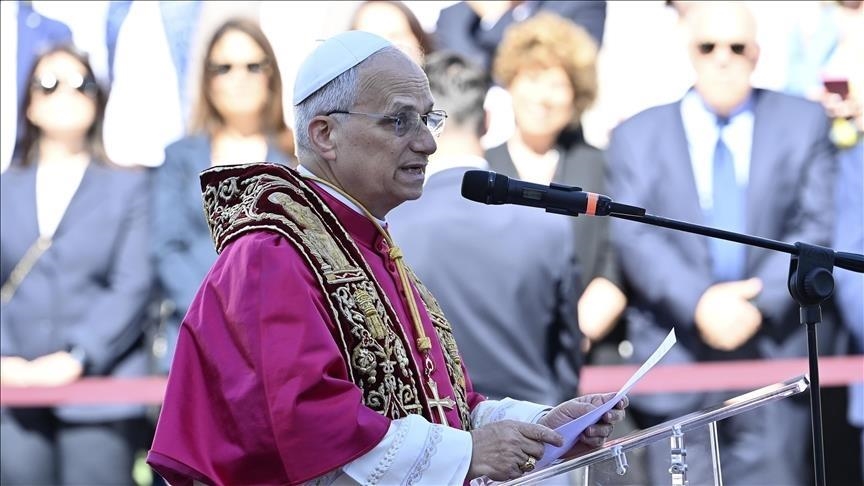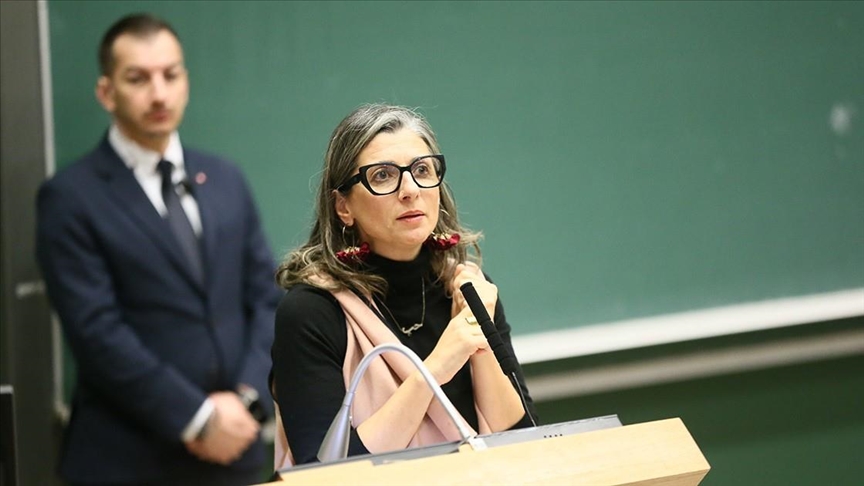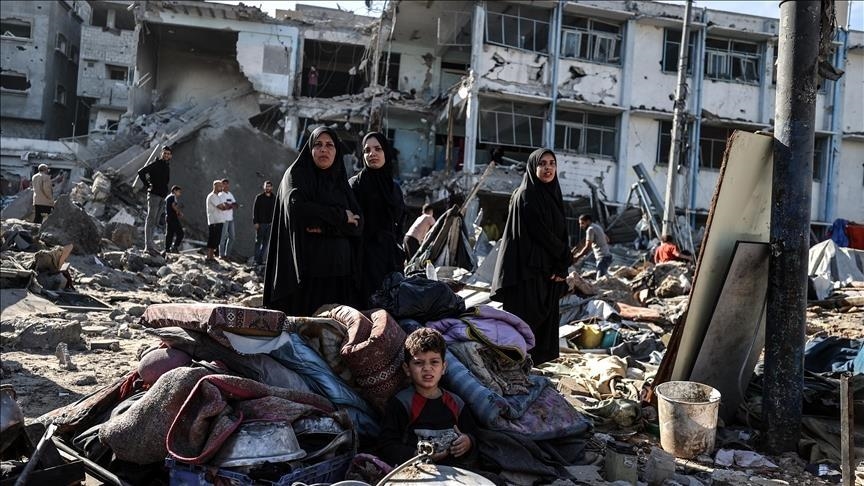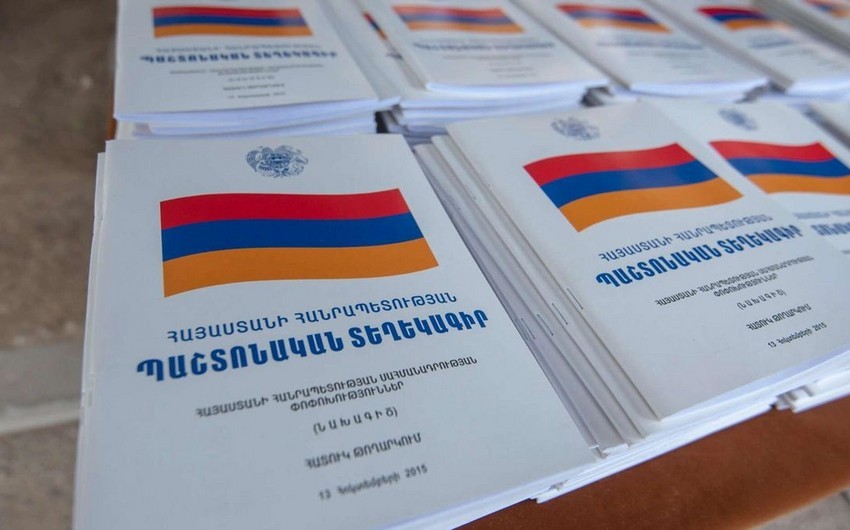The Organization of the United Nations is on the threshold of one of the largest reforms in recent decades. In the conditions of growing geopolitical tension, crisis of trust between countries and accelerating global transformation, the international community requires not just an update, but a complete restart of the approaches on which the organization was based since its foundation in 1945.
In recent years, the international order has been under pressure: conflicts in Ukraine and the Middle East, the deterioration of relations between global power centers, the growth of the influence of unstable states and transnational corporations, as well as the rapid development of technologies that the UN simply does not manage to regulate. All this put into question the effectiveness of the structure, which is designed to ensure peace, security and development.
Key directions of reform
The UN Security Council is the main body responsible for peace and security, and it can be expanded and rethought. Many countries, including India, Brazil, Japan and the African Union, require permanent representation in the Council.Budget and management proposed to make the system more transparent, with increased responsibility for the distribution of funds, especially in the field of humanitarian aid and sustainable development.Technological update will be on digital transformation, the fight against cyberthreats and disinformation, as well as the participation of the United Nations in the regulation of artificial intelligence.Peacekeeping missions is proposed to review mandates and methods of action to avoid prolonging conflicts and increase the trust of local communities.
However, the path to reform will not be easy. Permanent members of the Security Council especially China, the United States and Russia are cautious about changing the status quo. Their influence can slow down the reform or distort its essence in favor of their own interests.
Contradictions and challenges
However, pressure from the majority of member countries, international NGOs and civil society continues to grow. More and more states are asking the question: can the structure built after the Second World War effectively solve the challenges of the XXI century?
A large-scale reform of the UN is not just an institutional restructuring, but a question of survival of the very idea of global governance. In the conditions when trust in international mechanisms is undermined, and the world increasingly faces threats that do not recognize borders, not only the future of the UN, but also the stability of the entire planet may depend on the effectiveness of the upcoming reforms.
Madina Mammadova\\EDnews







